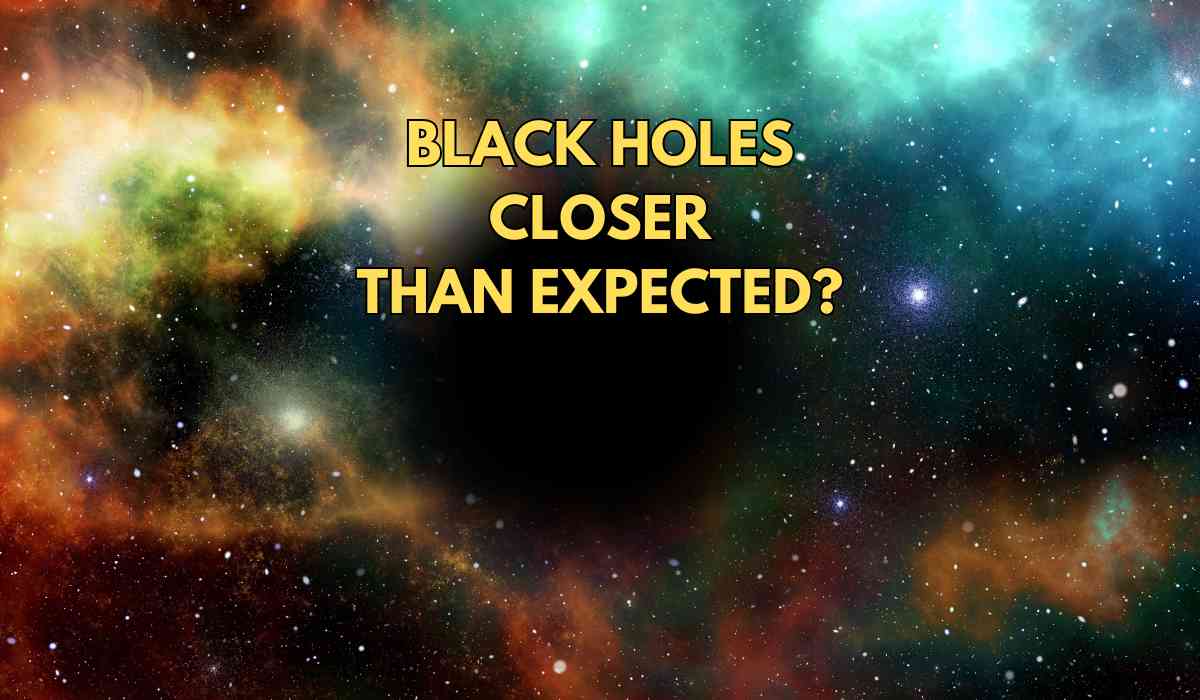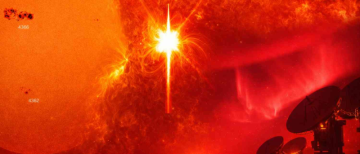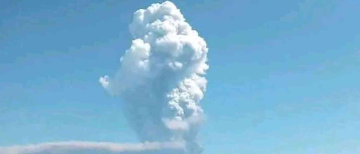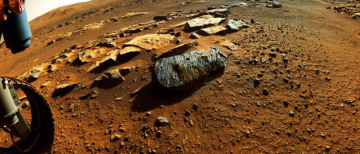Black holes, those enigmatic cosmic entities, possess an awe-inspiring terror. They are celestial voracious beasts, swallowing everything, even the fastest traveller of energy in the universe - light. These gravitational behemoths tear apart and consume anything unfortunate enough to venture too close, whether it's a star, a planet, or any celestial body.
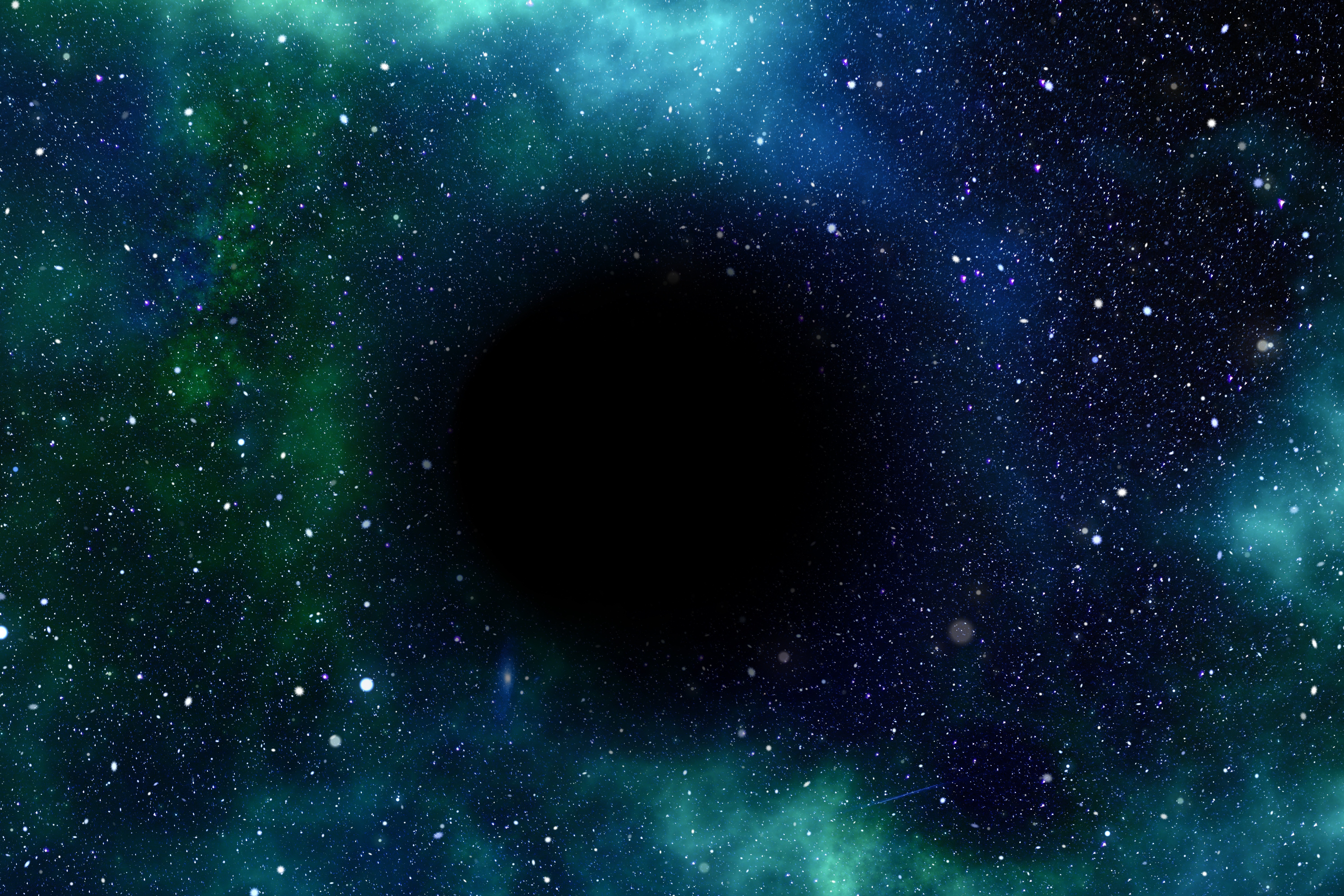
In the cosmic realm, it is imperative to maintain a safe distance from these insatiable cosmic behemoths. The gravitational force they wield is unparalleled in the universe, making them formidable and menacing.
Quest for Black Holes
Directly spotting black holes amidst the celestial tapestry remains an elusive endeavour. Counting their precise numbers in the vast expanse of space is a challenging feat. Black holes reveal themselves when they are in their destructive phase, obliterating stars, planets, or any cosmic matter unfortunate enough to cross their path.
Presently, a mere 20 stellar mass black holes have been identified in our Milky Way galaxy. Among these, the nearest contender was thought to be comfortably situated 1,565 light-years away from Earth.
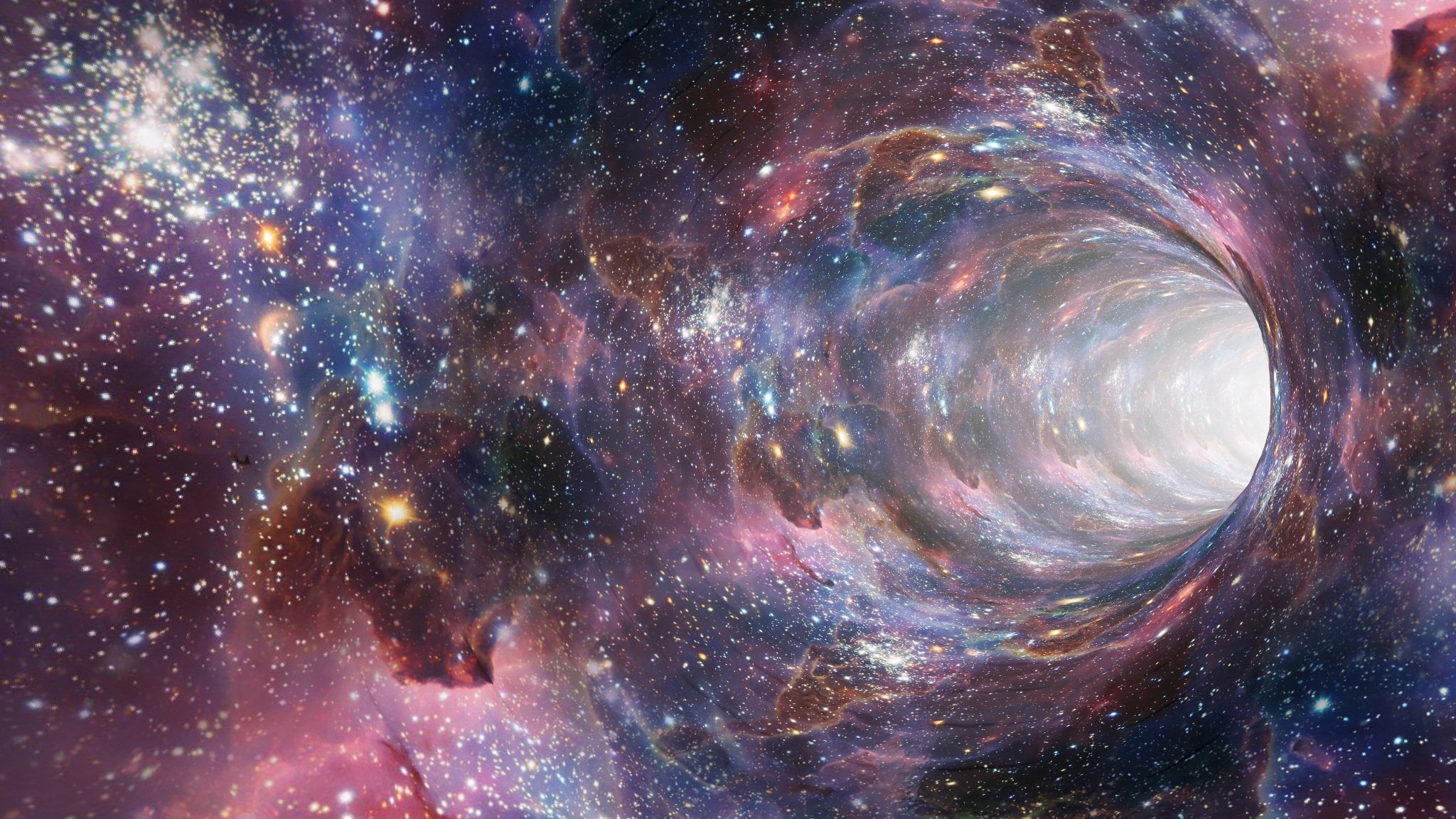
Is a Black Hole closer to Earth?
However, recent research posits the existence of a black hole much closer to our cosmic abode. A team of astronomers has meticulously examined and modelled the Hyades cluster, a congregation of stars situated a mere 150 light-years away. Their analysis suggests the potential presence of two or three stellar mass black holes within this cluster.
Astrophysicist Stefano Torniamenti of the University of Padua in Italy elaborated, stating, "Our simulations can only simultaneously match the mass and size of the Hyades if some black holes are present at the center of the cluster today (or until recently)."
The Hyades cluster, with an estimated age of 625 million years, holds the secrets to this cosmic enigma.
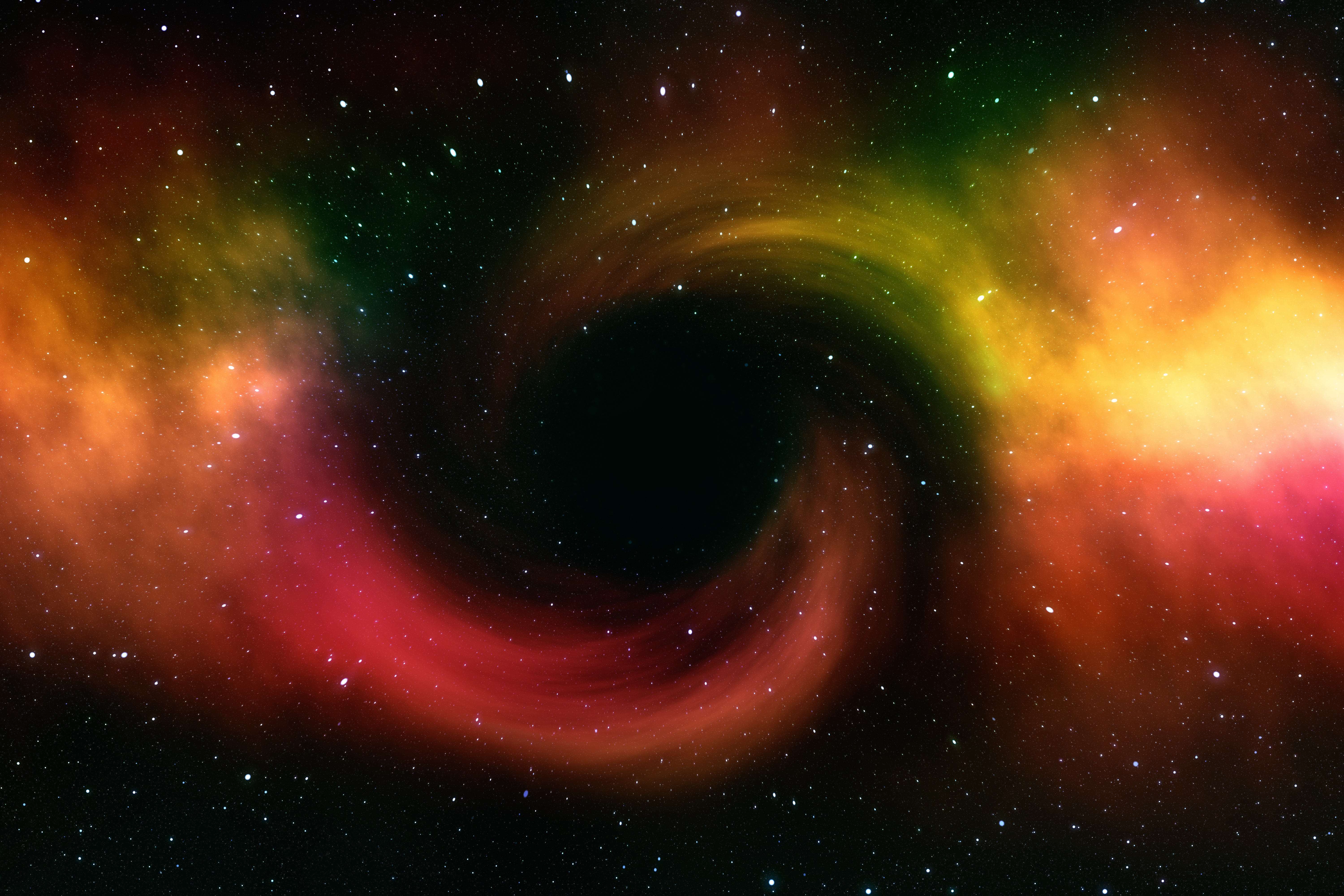
Should we be afraid?
According to the study, these black holes might either currently reside within the cluster or have been ejected less than 150 million years ago, potentially lingering on the cluster's outskirts.
But does this discovery pose a threat to us? Scientists believe that even if one of these black holes is in motion, its speed is a relatively modest 3 kilometers per second. Moreover, should it approach Earth, it would take an exceedingly long time before it presents any real danger to our cosmic neighbourhood.
© Copyright 2023. All Rights Reserved Powered by Vygr Media.

